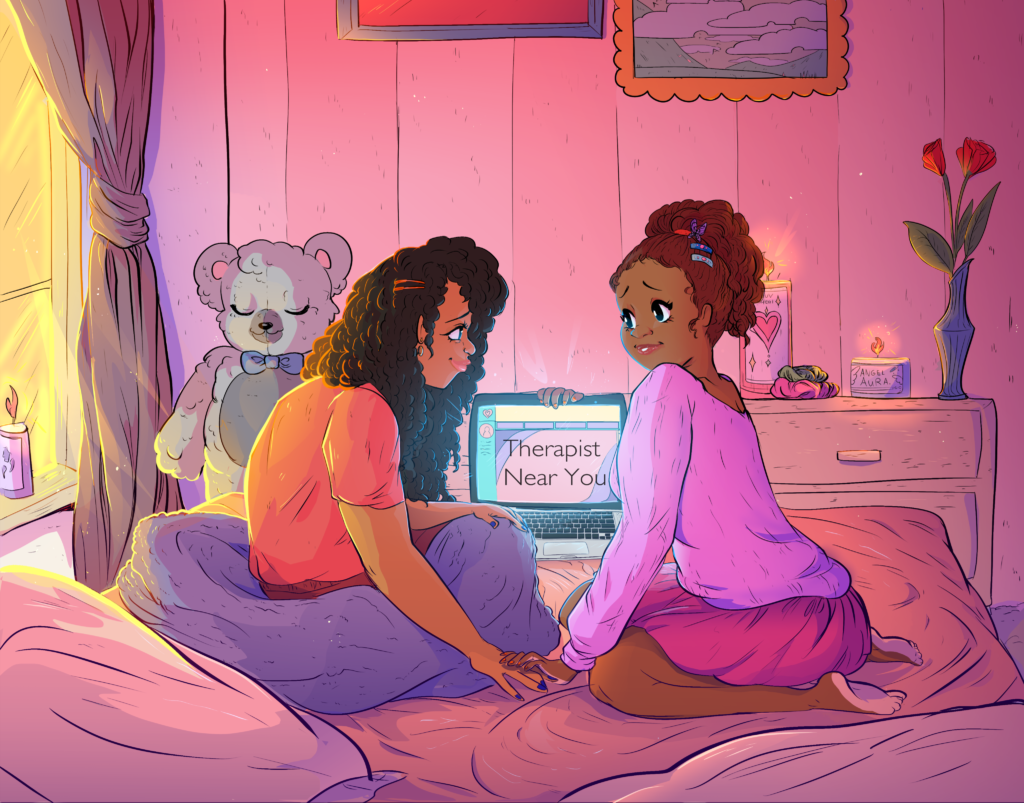How to Support People with I/DD During Breakups

We teach a lot about how to have a healthy relationship. But how can we support the ending of relationships that have gotten unhealthy or have run their course? Breaking up can be a hard part of life for many people. As parents and educators we often want to step in and support the young people in our lives through a big transition like the end of a relationship. We also know that breakups don’t end when we become adults, they can sometimes become more complicated, such as in divorce and navigating new family structures and dynamics.
People with disabilities are often left out of conversations about breakups. They are often assumed to not have romantic relationships, so therefore not going to experience a breakup or multiple breakups in their lives. We know this to be entirely untrue. Many disabled people have romantic relationships, so they will in fact experience a breakup(s).
As parents and educators, one of our roles is to help young people navigate the gray areas of life. Breaking up can be a time filled with gray areas. There can be a lot of feelings to process, boundaries to set and respect, and new dynamics to get used to. It can be a lot.
If one or more of the people in the relationship struggle with mental health, emotional regulation, or are showing unhealthy boundaries, they may require professional support from a therapist or counselor. Some people have cognitive needs and may need to be reminded of the break up. Processing may take some time. If the person you are supporting struggles with processing information and emotional regulation, they may need additional time and support to process the breakup.
Ways to support someone going through a breakup:
- Ask the person how they would like to be supported during the breakup.
- Listen to what they need, and be there for them in a way that is respectful to their boundaries.
- Sit with them, and welcome all of their feelings.
- Support them by helping them to set and respect boundaries.
- If they need a higher level of support than you are able to provide, help them find a therapist or professional to talk with.
- Do something fun to help take their mind off of the breakup.
- Validate their feelings. Remind them that breakups can be hard and confusing, and that they can also lead to growth.
- Help them make a plan for ways that their next relationship can be even healthier.
- Normalize that rejection is a part of life.
- Assure them that it is okay to feel sad about a breakup, even if you are the one who wanted to end the relationship.
Check out these Mad Hatter Wellness resources to help facilitate conversations about healthy relationships:
Both kits are on sale now!
Keeping Relationships Healthy Kit – Mad Hatter Wellness
Family/Caregiver Kit + Support Call – Mad Hatter Wellness
Additional Resources:
Texting: Breaking Up Over Text
